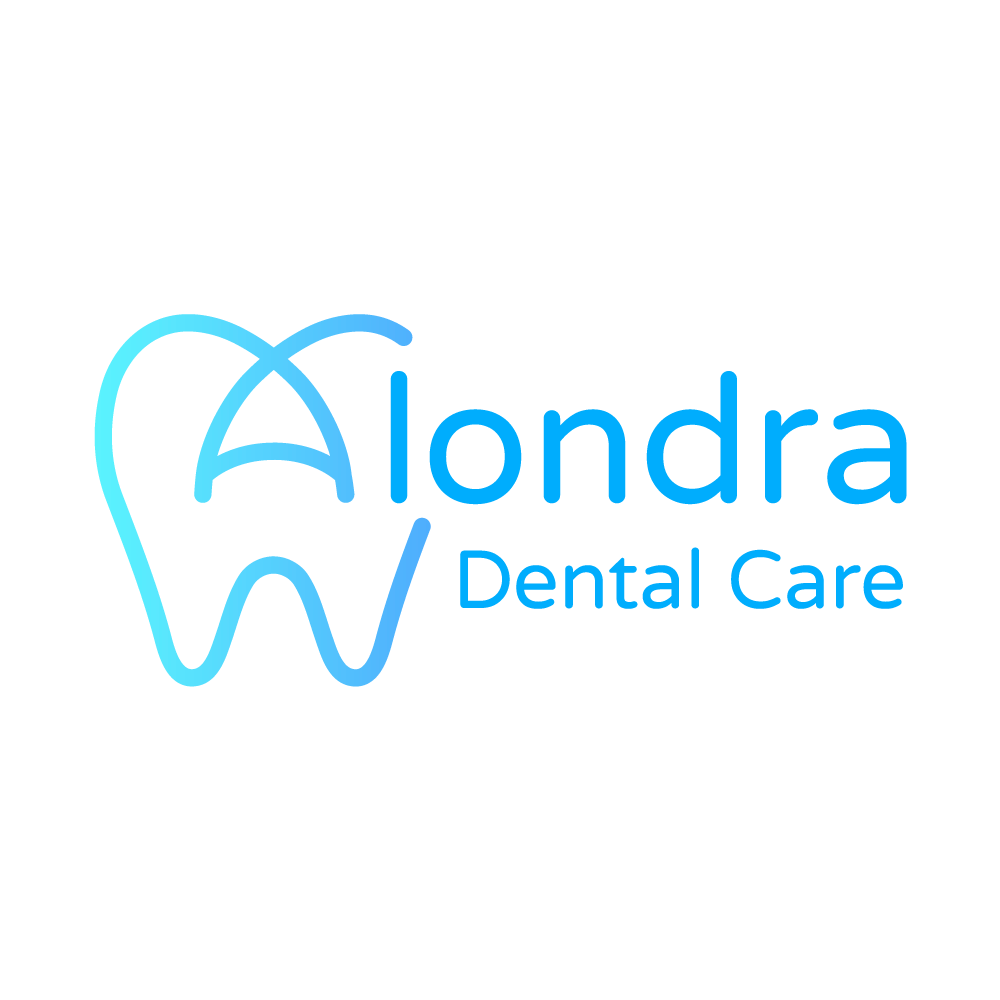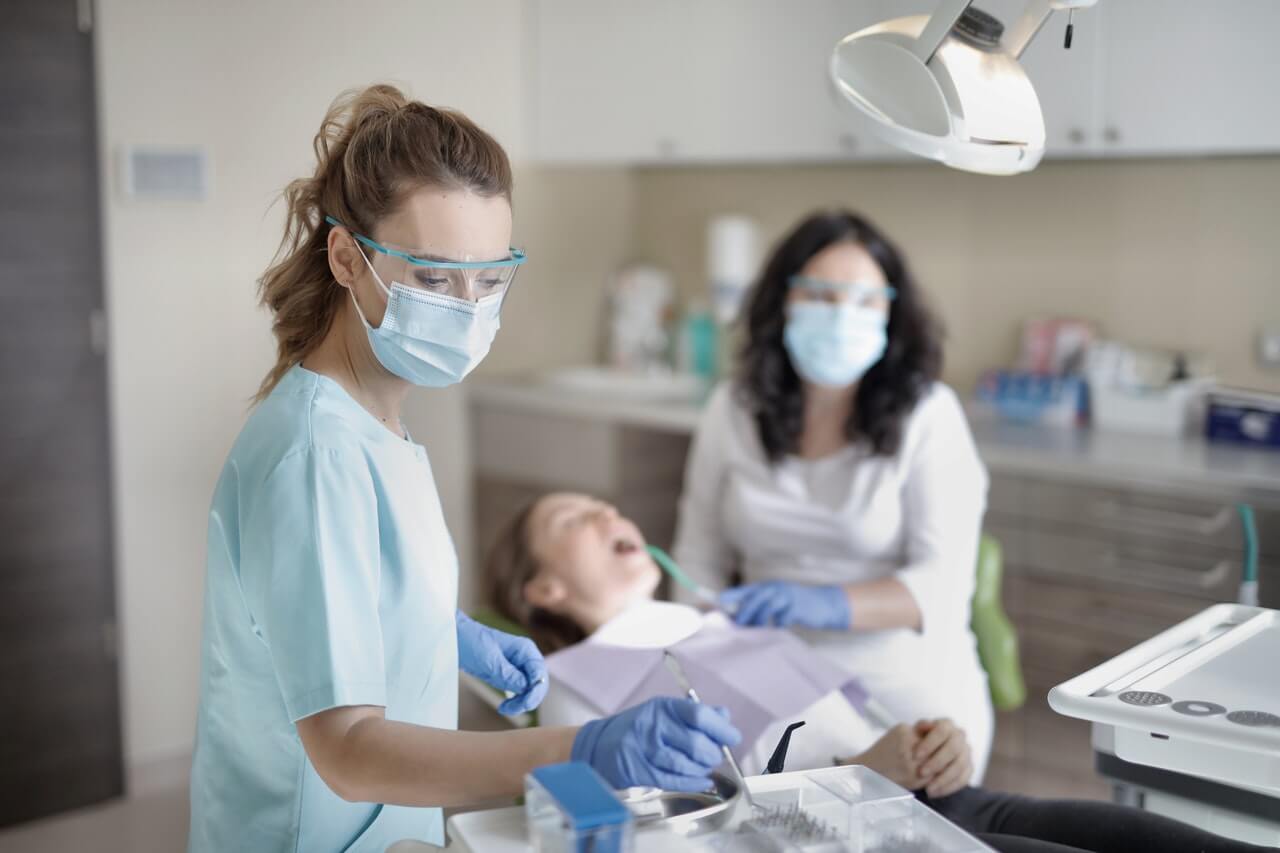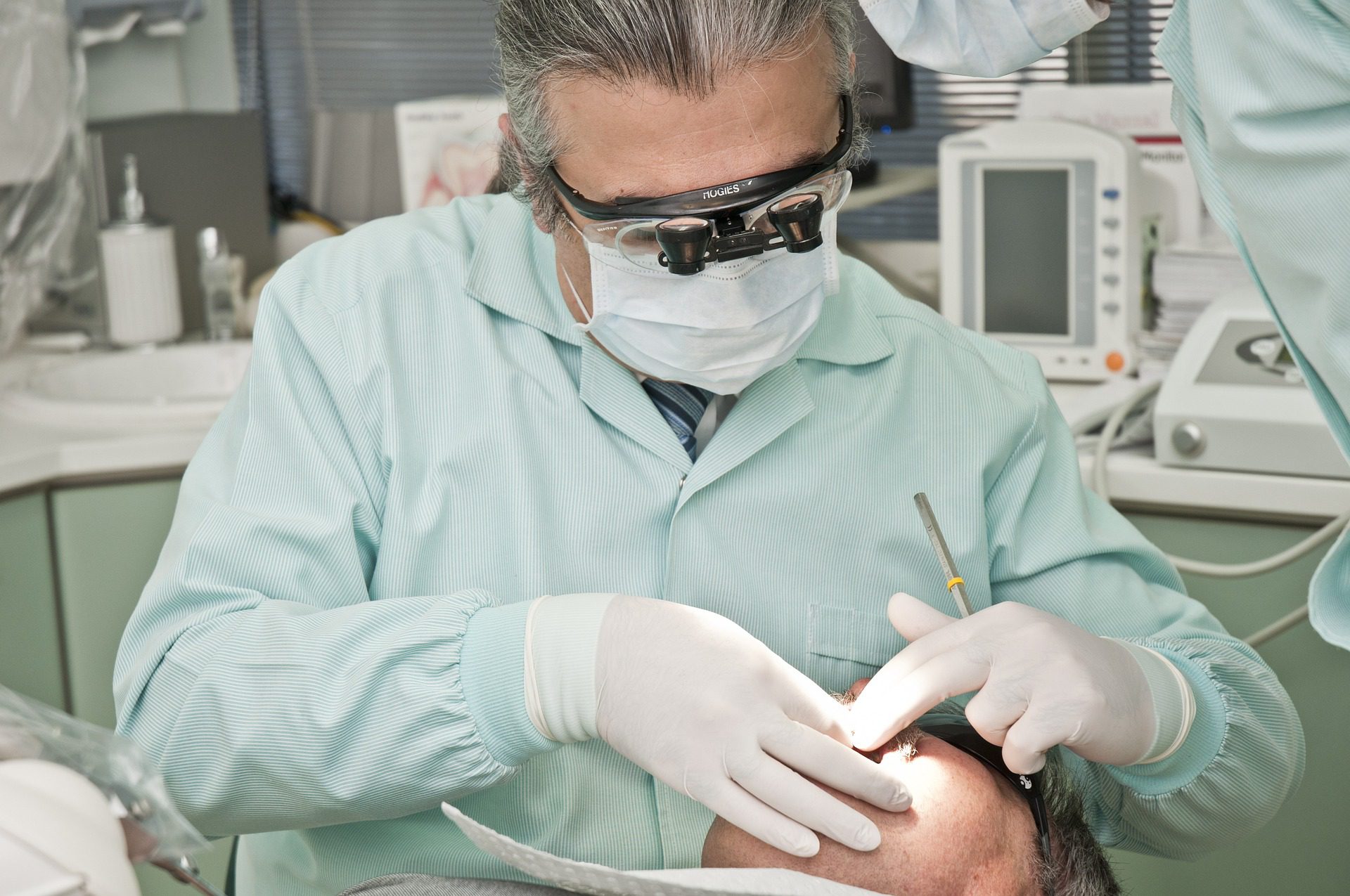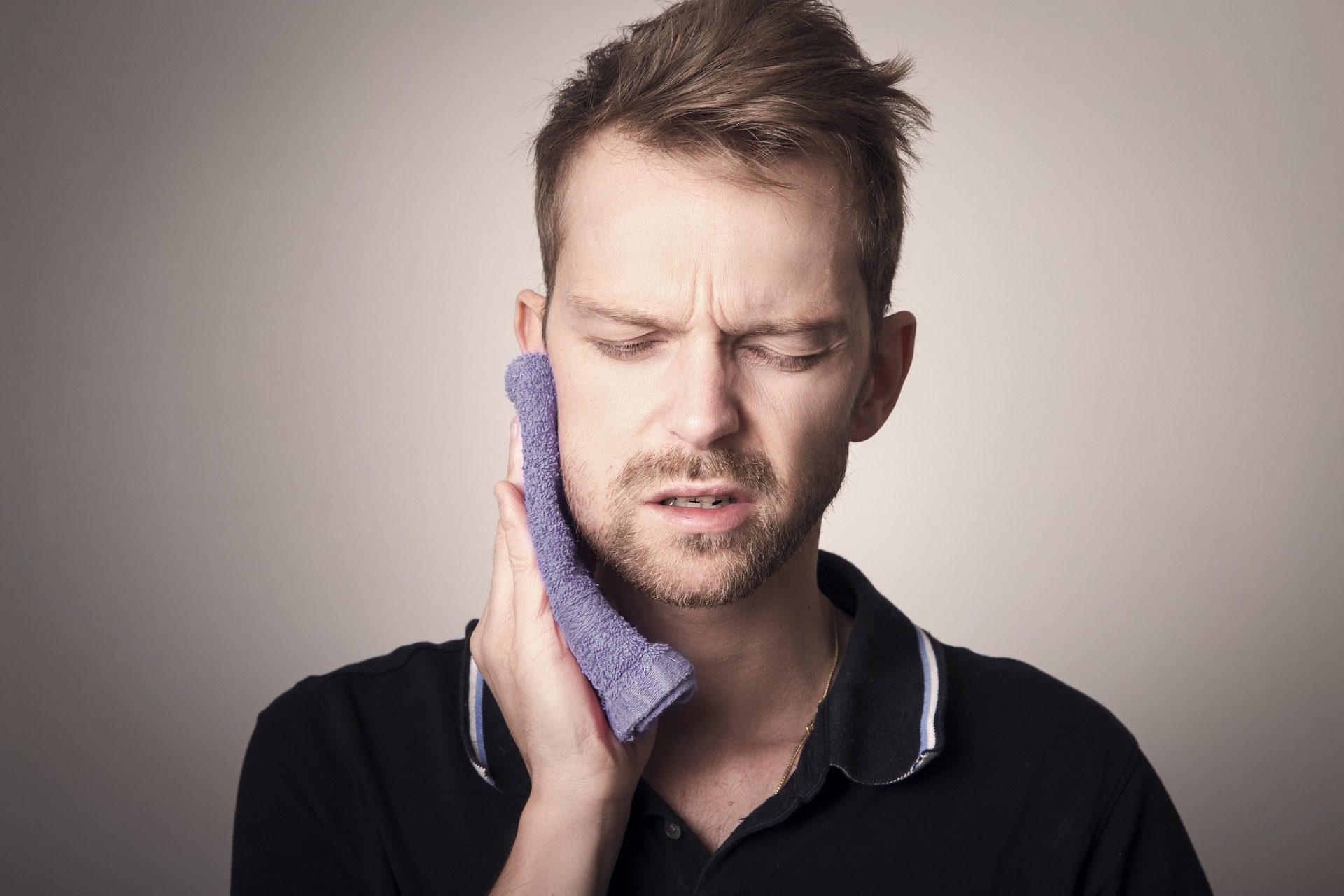Tips to Avoid the Consequences of Poor Oral Health
Would you share a toothbrush with a stranger? There’s a reason you’d say no.
Every day our mouths provide a habitat for bacteria, and while most of it is harmless, some can cause disease, especially if they enter your digestive and respiratory tracts. However, if you have good oral health habits, such as daily brushing, flossing, and routine dental check-ups, you’ll keep the harmful bacteria under control. As a result, your teeth, gums, and oral cavity will be less susceptible to plaque, tartar buildup, and gingivitis—but the rest of your body will benefit as well.
However, if you have poor oral health habits, the number of bacteria residing in your mouth can contribute to infections, including tooth decay, cavities, and gum disease. While many people think of dental health as separate from the health of the rest of their bodies, the two are closely interrelated.
Long-term poor oral health has consequences such as contributing to heart disease, respiratory difficulties, and even pregnancy complications. Additionally, recent studies have suggested that the bacteria that cause gum disease (periodontitis) play a role in diseases found throughout the body.
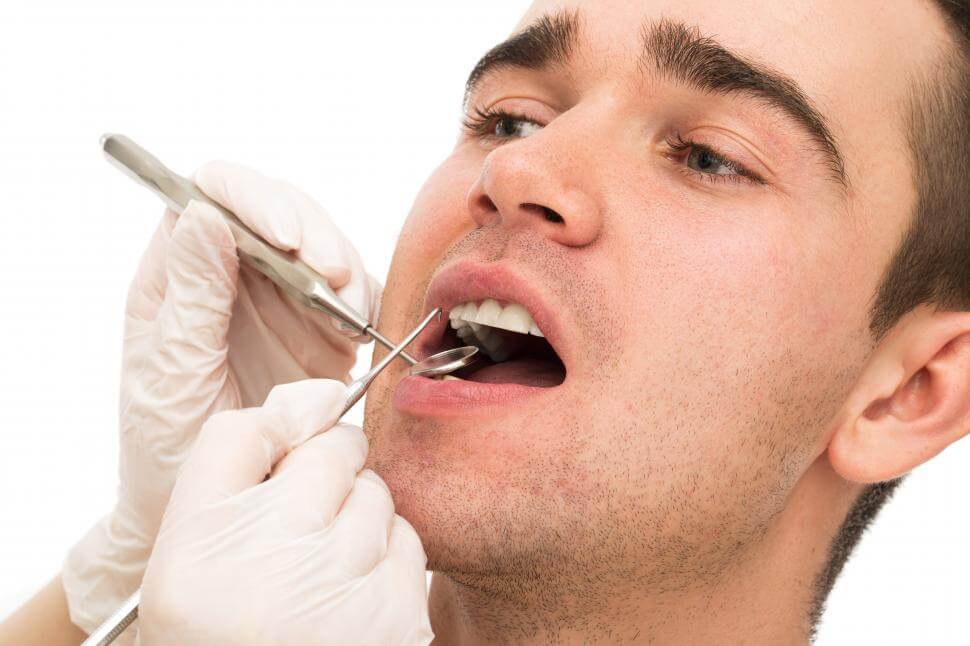
What are some poor oral health consequences?
Poor oral health might contribute to the following medical conditions:
Endocarditis and Cardiovascular Disease
Research suggests that inflammation and infections caused by oral bacteria can contribute to heart disease, clogged or weakened arteries, and stroke.
Pneumonia
Harmful oral cavity bacteria can migrate into the lungs, contributing to pneumonia and other respiratory complications.
Pregnancy and birth complications
Gum disease and poor oral health has been linked to low birth weight and premature births. Women who are expecting should speak with their doctor and dentist about the best oral health habits for pregnant women.
How can I improve poor oral health habits?

Luckily, it’s never too late to start a new habit. The best way to have good oral hygiene is to take care of your teeth, gums, and mouth every day.
- Brush your teeth twice a day with a soft-bristled brush.
- Floss every day.
- Use mouthwash after brushing and flossing.
- Limit sugary food and drinks, and avoid tobacco.
- Schedule regular dental check-ups and contact your dentist when a problem arises.
Remember, paying attention to your oral health helps to improve your overall health. When you have good oral health, you’ll enjoy smiling and laughing, eating various foods, and showing a range of facial expressions. You’ll also worry less about bad breath and feel less self-conscious about your appearance.
It’s Never Too Late to Undo Poor Oral Health Habits! Contact Alondra Dental Care Today.
If you’re experiencing the consequences of poor oral health habits, it’s essential that you speak with a qualified dentist. If you’re looking for a dental practice in southeastern Los Angeles County, make an appointment with Alondra Dental Care for a complete evaluation and dental cleaning. Explore our website to learn more about our friendly staff and get answers to frequent questions about insurance, what to expect during your visit, and our full menu of services. We look forward to seeing you and helping you achieve a smile you’ll love sharing!
